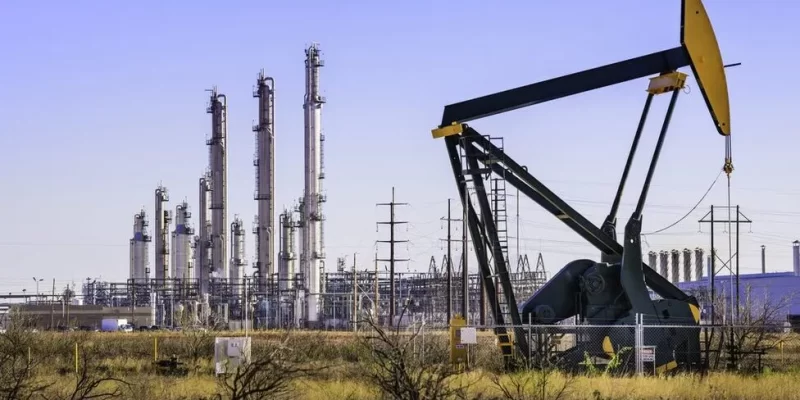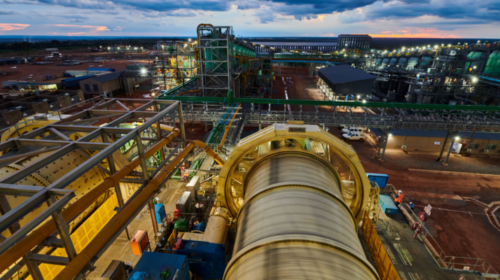DRC’s Oil and Gas Exploitation Faces Backlash Amid Global Shift to Renewable Energy
As the world transitions from fossil fuels to renewable energy, the Democratic Republic of Congo (DRC) has launched a project to exploit its oil and gas blocks, initiating calls for tender since July 2023. Despite committing to global environmental standards, this move has sparked controversy.
According to environmental organizations, activating these oil and gas blocks contradicts the DRC’s agreement to protect the Congo Basin tropical forest, an agreement that secured $500 million in international investments over the first five years.
Congolese authorities maintain that all international recommendations to limit climate change have been considered. However, critics argue that the exploitation of these resources poses significant environmental risks.
“Our priority is not to save the planet,” stated Tosi Mpanu, advisor to the former Minister of Hydrocarbons, in an interview with ACTUALITE.CD. “Western countries, which built their wealth on fossil fuels, now demand African states abandon their reserves. This is unacceptable. Fossil fuels are nearing their end, and it is in our interest to exploit them now.”
Scientists and environmentalists, including Jimmy Munguriek from the Congo is Not for Sale coalition (CNPAV), argue that exploiting these plots could destroy crucial tropical forests and peat bogs, vital in combating global warming.
Munguriek emphasizes that the world is moving towards renewable energy, making the project less attractive and potentially harmful to the Congolese economy.
“Investors are reluctant to invest in this sector,” Munguriek added. “The DRC has ample strategic minerals for the energy transition.
The government should focus on good governance of these minerals and respect commitments made during the COP28 meetings to avoid future scrutiny from international and local NGOs.”
Hydrocarbons expert Lewis Yola echoed this sentiment, noting that Western banks no longer finance major oil and gas projects in Africa due to a shift towards renewable energy.
“The lack of profitability studies means the DRC could incur significant debts,” Yola warned. “The new minister of hydrocarbons must carefully analyze this file to ensure the country benefits.”
Greenpeace’s report, “We Will Keep Our Forests, You Keep Your Dollars,” echoed local communities’ calls for the immediate cancellation of oil and gas tenders, advocating for no new fossil fuel projects in the DRC.
However, this report was dismissed by Ève Bazaiba, Minister of Environment and Sustainable Development, as influenced by Western interests.
“Greenpeace is anything but green and peaceful,” Bazaiba stated during a press conference in Kinshasa. “They act with pathological animosity towards the government.”
Despite the controversy, experts argue that the DRC’s tender calls for oil and gas blocks contradict its claim to be a “solution country” for the climate crisis.
They suggest the DRC should instead focus on its abundant mineral deposits, preserving its status as the world’s leading cobalt producer.
The establishment of thorough study frameworks is essential to prevent future conflicts and ensure sustainable development in the DRC.
136 total views , 2 views today





